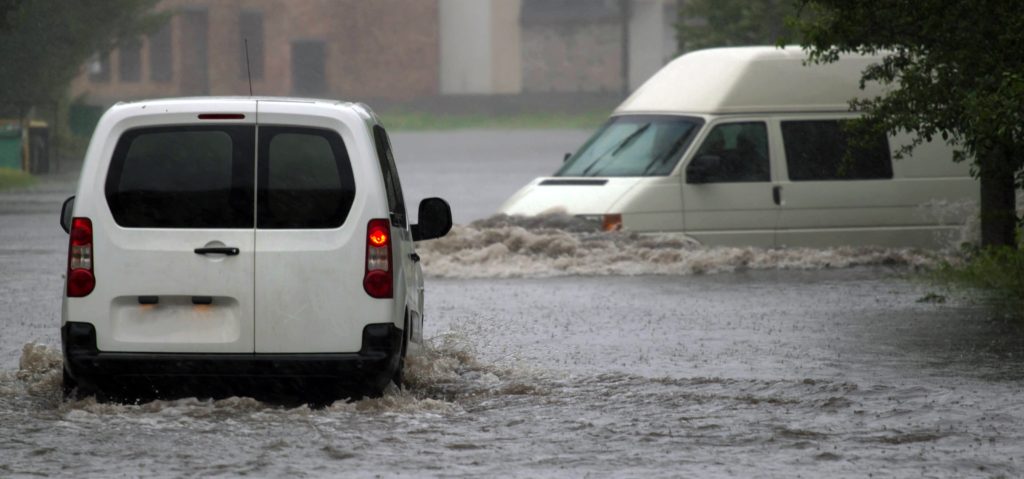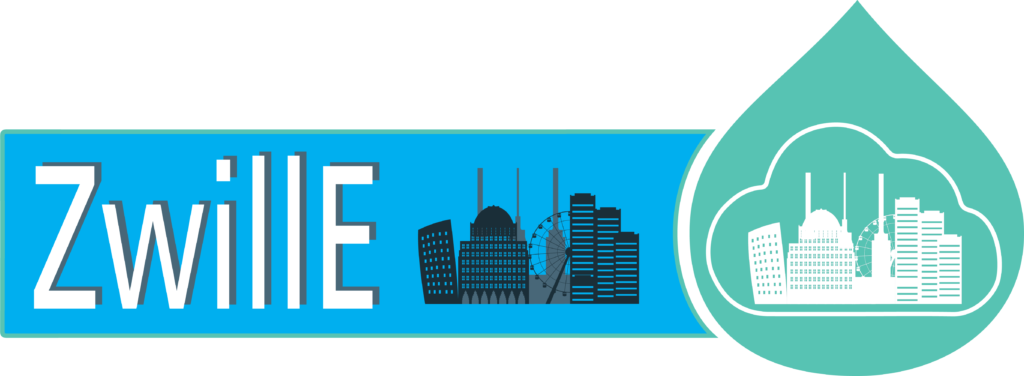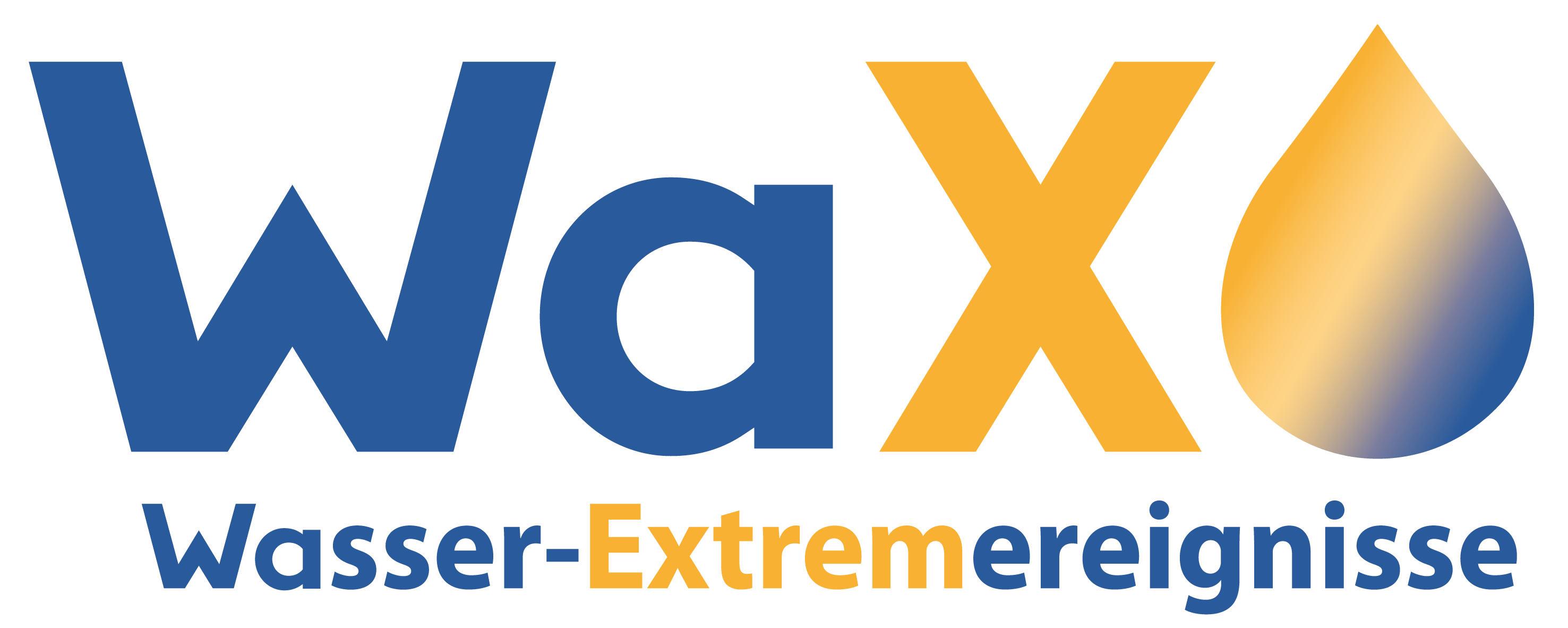ZwillE – Digital twin for an AI-assisted management of extreme water events in urban areas

Brief describtion
Hydrological scenarios of extreme intensity are becoming increasingly prevalent on a global scale. They lead to economic and ecological damages and require new approaches for the management of the water sector. The goal of the joint research project ZwillE is the development of methods and tools for creating a digital twin of an urban drainage infrastructure serving as a basis for proactive management of extreme weather events in urban areas. In this context, the term “digital twin” describes a virtual representation of the physical infrastructure able to mirror the current state of the depicted system by using measurement data, simulation models and forecasts of the most important influencing factors (like e.g., rainfall data) which enables a forward-looking scenario analysis. This digital twin is supposed to provide action-oriented advice with the help of an AI-based assistant service offering guidance for prevention and handling of extreme weather events based on formalized expert knowledge. The derived recommendations will be transparently described to qualified personnel via an explainable AI approach to improve traceability and acceptance of the suggested measures. The prototypical development and subsequent validation of the overall system will take place using the drainage infrastructure of the city of Hannover as example.
Objectives
Against the background of extreme water events like flash floods and droughts, which have increased significantly in recent years, new concepts and strategies for dealing with such extreme hydrological events need to be developed for the urban functional area. To this end, the ZwillE project aims to develop a digital twin for urban wastewater infrastructure integrating measurement data, forecasts, simulation models, empirical knowledge of stakeholders, and an AI-based digital assistant to enable a systematic and transdisciplinary operational management of extreme water events. ZwillE is designed as a practical project with direct implementation at the project partner Stadtentwässerung Hannover, so that a fast and effective transfer of results into application practice is ensured.
Working packages (WP)
Within the scope of WP 1, the requirements for the overall system of the digital twin are collected and described and various extreme weather scenarios are defined and analyzed. The aforementioned elaborations take place for the use case in Hannover under consideration of the transferability to other cities and regions.
In WP 2, the system architecture for the overall digital twin system is defined. Furthermore, a specification and subsequent technical implementation of a standards-based data and communication infrastructure will be carried out, taking into account the existing hardware and software basis.
In WP 3, for four exemplary study areas in Hannover, measurement programs will be carried out to continuously collect online data on the condition and supply of water in the catchment areas as well as process data at the wastewater treatment plants in order to be able to analyze the system behavior during extreme hydrological events. Prior to this, research on previously conducted measurement campaigns and other data collections in Hannover and the surrounding area as well as at other municipalities in Lower Saxony will be carried out, taking into account all water compartments.
In WP 4, meteorological measurement and model data are processed and evaluated with regard to extreme weather events. The evaluations are based on historical data as well as on climate projection data in order to enable an estimation of the effects of climate change on the considered extreme hydrological events and the resulting flood risks in urban areas. In a real-time system, precipitation measurement data are processed into rainfall forecasts and provided in near-real time for the online service in the digital twin.
WP 5 serves to develop the integrated simulation model as the basis for the digital twin. For this purpose, the individual sub-models will first be built up using and further developing the simulation software SIMBA#. These sub-models comprise the sewage network of Hannover including the catchment area with relevant surface waters. The different sub-models are then integrated into an overall model, which is then used for the scenario analysis and derivation of expected problem areas and accompanying risks.
WP 6 aims to enable the machine use of experiential knowledge to cope with extreme water scenarios. For this purpose, suitable knowledge representation models adapted to the different types of experiential knowledge will first be developed. Subsequently, explicit and implicit experiential and documentary knowledge (e.g., strategy proposals for medium- and long-term adaptations of the water infrastructure as well as for short-term measures) will be collected and formalized. These countermeasures are later incorporated into the simulations in the digital twin, where they are evaluated in terms of their effectiveness.
In WP 7, a decision support system for the provision of recommended procedures for dealing with extreme weather scenarios is designed and technologically implemented, which supports decision makers in the selection of suitable vulnerability-related countermeasures on the basis of an expandable knowledge base using explainable AI methods. This is done by combining simulation results on predicted weak points with formalized empirical knowledge on promising counterstrategies from comparable situations.
WP 8 serves as an integration work package and combines the sub-components developed in the previous work packages into an overall digital twin system. Three use cases will be realized: (a) displaying the current state of the wastewater system, (b) short-term planning of measures to handle extreme water events, and (c) long-term planning of the wastewater system to cope with future requirements as a result of climatic changes.
In WP 9, the overall digital twin system will be prototypically tested, validated and optimized. A suitable technical infrastructure will be established for this purpose. The experience gained will be used to validate and improve the simulation models and the AI-based decision support. The knowledge gained will also be discussed with other wastewater treatment operators via common information platforms during the project. The feedback gained from this will be used to further optimize the digital twin.

Coordinator:
Dr. Alexander Krebs
Atos Information Technology GmbH
Project period:
01.02.2022- 31.01.2025

